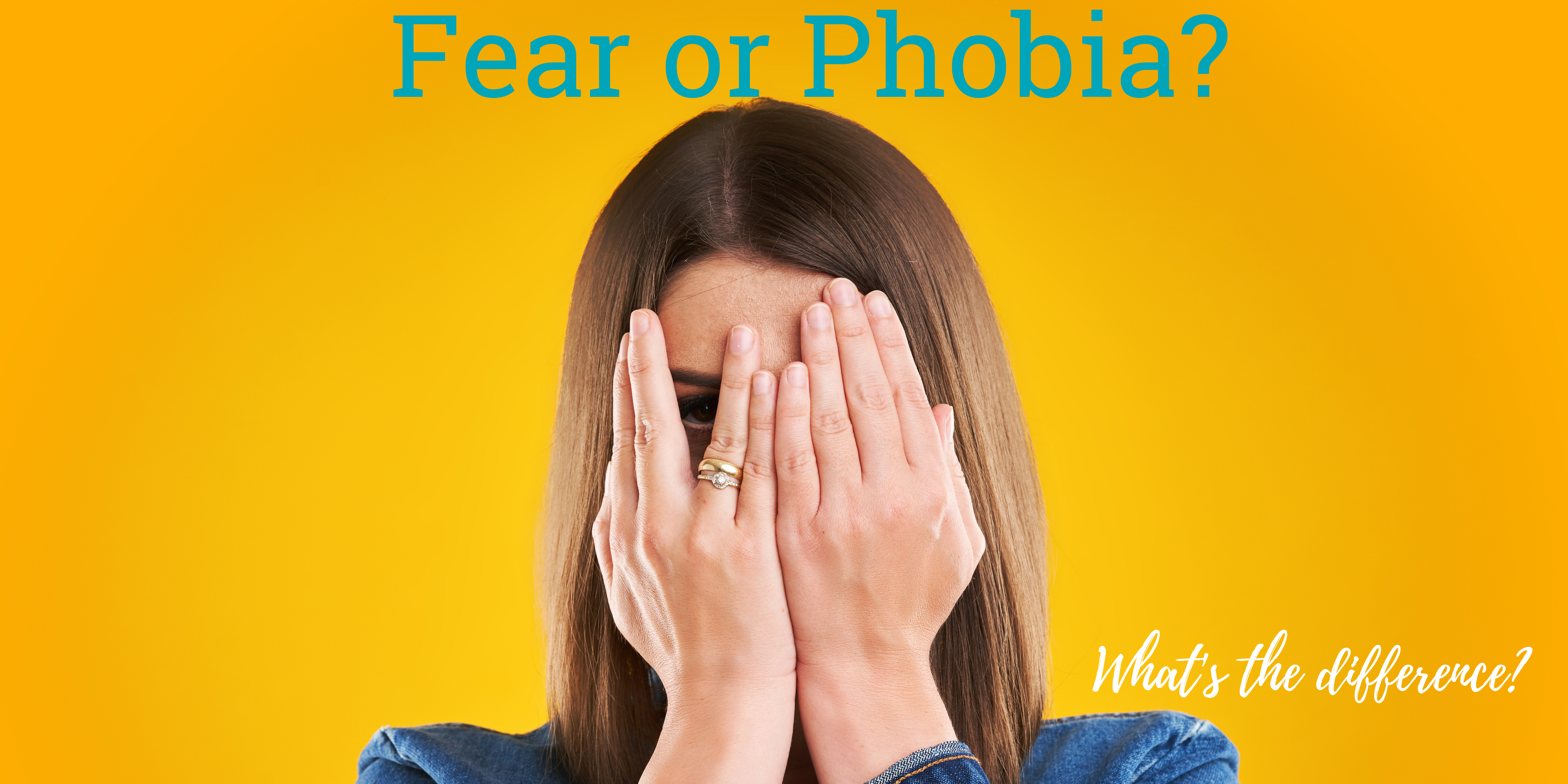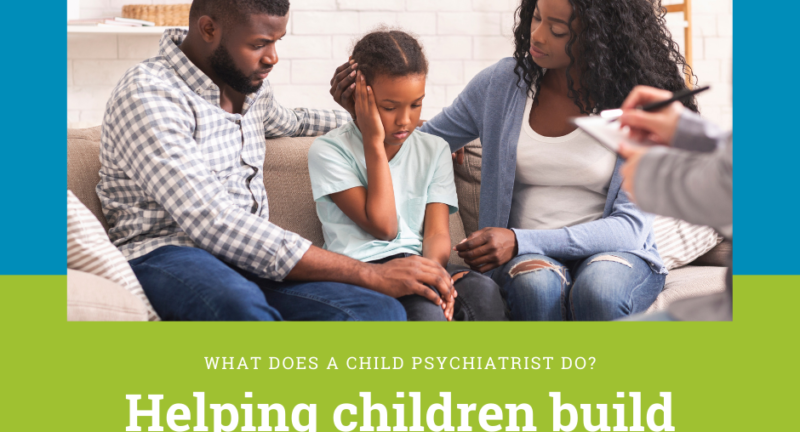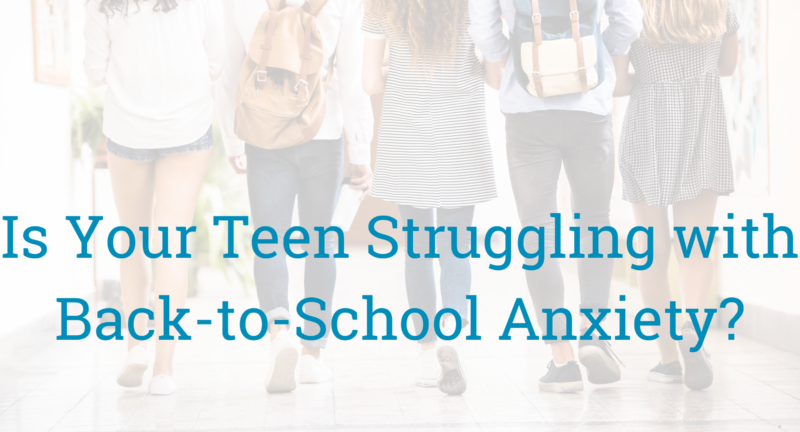
Fear and Phobia: What’s the Difference?
Fear is a natural emotion that serves a very important purpose: to protect you from harm when you face a real and imminent danger. On the other hand, a phobia is an excessive fear that is out of proportion to the actual situation. But how can you tell the difference between the two?
Phobias are a type of anxiety disorder, and as such, they can impact the quality of your life. Here at Next Step 2 Mental Health, our compassionate providers excel at treating all types of anxiety disorders, including phobias. Phobias are highly personalized, and if you think you’re struggling with a phobia, we recommend that you give us a call.
In the meantime, read on to learn more about the differences between fears and phobias.
Essential Facts about Phobias
A phobia is a diagnosable mental disorder, characterized by an intense and irrational fear of something. The fear and anxiety may be so intense that it interferes with your daily life. In America, 19 million people have phobias. According to the Anxiety & Depression Association of America, some of the most common phobias include:
- Fear of flying
- Fear of vomiting
- Fear of driving
- Health-related fears
What sets phobias apart from fear is that a person with a phobia may develop fear responses (shaking, sweating, etc.) even just thinking about their phobia. Because of this people with phobias will go out of their way to avoid whatever situation or object is the source of their fear.
Symptoms of Phobias
A person with a phobia may experience any of the following symptoms:
- A sensation of uncontrollable anxiety when confronted with the object or situation
- A strong to desire to avoid the object or situation at all costs
- Inability to function in the presence of the object or situation
In addition to the symptoms above, phobias can also cause physical symptoms of panic, including:
- Increased sweating
- Abnormal breathing and rapid heartbeat
- Shaking or trembling
- Hot flashes
- Chills
- Chest tightness
- Tight feeling in the throat
- “Nervous” stomach
- Dry mouth
- Pins and needles feelings
- Confusion
- Headaches
- Nauseous
- Dizziness
Is It Fear or Phobia?
One of the ways to tell the difference between fear and phobias is if there is a real and present danger. For example, it’s a normal human response to feel fearful if a vicious dog ran up toward a group of people. Adrenaline might kick in, triggering “flight or fight” mode. This is normal.
A phobia might cause those same feelings of fear even if the danger is not physically present. For example, a person with a phobia of dogs might feel that same psychological fear response watching videos of dogs, thinking about dogs, or looking at a puppy. These three situations do not present the same level of danger as the viscous dog, but to someone with a phobia, they respond as if it is. A person with a phobia of dogs might alter their daily routines to avoid passing houses where dogs live or to avoid driving past the dog park.

When Do Phobias Develop?
Specific phobias are believed to originate in childhood, typically by age 7. It’s possible to develop other types of phobias later, though. Social phobia, for instance, may begin during the adolescent years, and agoraphobia usually begins in early twenties. Regardless of your age, if you think you’ve developed a phobia (or any type of anxiety disorder), don’t hesitate to reach out for help.
Treating Phobias
With the right treatment, you can overcome the challenges of anxiety disorders. Treatment for phobias may include self-exposure therapy, which is a form of cognitive behavioral therapy (CBT). Depending on your specific needs and any other co-occurring mental health conditions, medications such as antidepressants may also be recommended in some cases.
At Next Step 2 Mental Health, we help adults, teens, and children find relief from all types of anxiety disorders. If you or someone you love is struggling with a phobia and would like help, give us a call at 502-339-2442 or visit our website to request an appointment today.
Related Posts
Finding the Right Child Psychiatrist in Louisville, Kentucky
Parenting a child with mental health challenges can be both rewarding...
Managing Back-to-School Anxiety in Teens
As the new school year begins, many teens experience a mix of excitement and...


